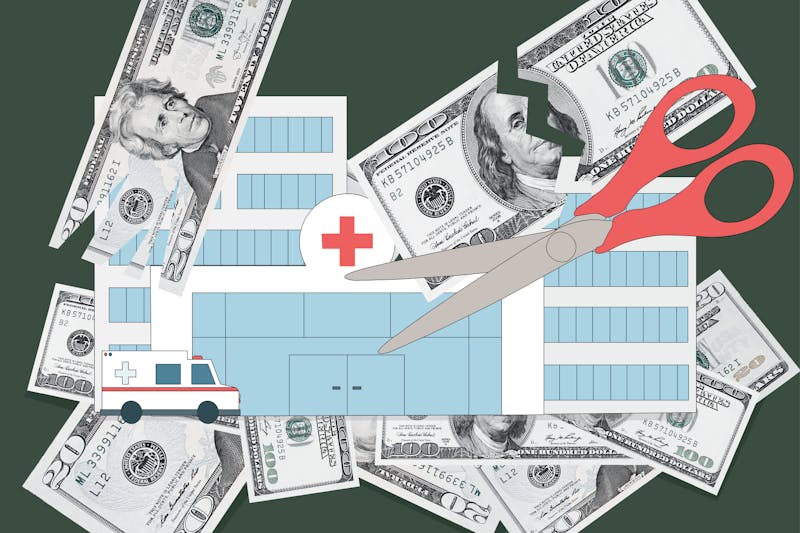A coalition of North Carolina healthcare associations recently wrote an open letter to Devdutta Sangvai, secretary of the N.C. Department of Health and Human Services, urging the state to delay or cancel the planned Oct. 1 cuts to Medicaid funding.
Provider organizations representing doctors, hospitals, nurses, senior care, home care, long-term nursing homes and others also signed the letter.
The gap in funding came from the mini-budget the North Carolina General Assembly passed on Aug. 6th.
There is expected to be an estimated $319 million deficit in the total funding needed to maintain Medicaid services for this year.
According to NCDHHS, Medicaid providers will face a minimum 3 percent reduction in reimbursement rates, with certain services including physicians, hospice care, behavioral health longterm care and nursing home services facing steeper cuts of 8-10 percent.
N.C. Medicaid will also no longer cover the cost of weight loss treatments using GLP-1 drugs like Ozempic or Wegovy starting Oct. 1.
Ciara Zachary, an assistant professor of health policy and management at the Gillings School of Public Health, said Medicaid enrollment tends to grows during times of economic hardship because of Medicaid’s function as a safety net.
“From a public health perspective, instead of narrowing the gaps, which I think a lot of North Carolina’s Medicaid was doing with expansion and these healthy opportunity pilots, I think we might reverse some of the gains that we’ve seen,” Zachary said.
During the COVID-19 pandemic, the federal government expanded Medicaid funding, requiring states to provide continuous enrollment for most Medicaid recipients, preventing them from losing coverage during the declared Public Health Emergency.
